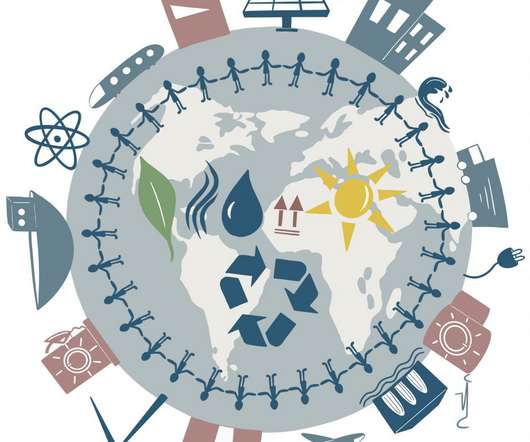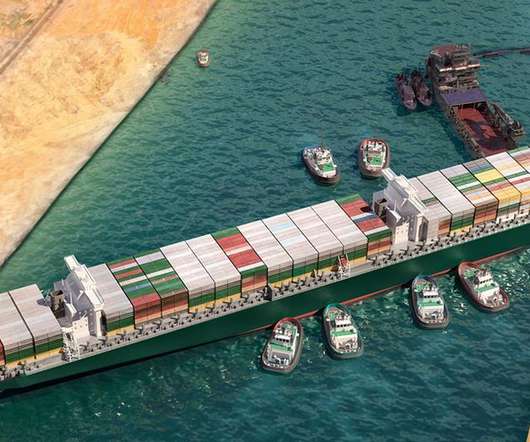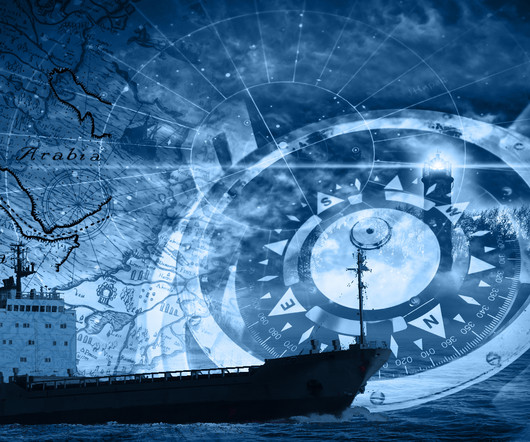An Update from Sharm El-Sheikh on Decarbonisation of Transport
The Logistics & Supply Chain Management Society
JANUARY 3, 2023
An Update from Sharm El-Sheikh on Decarbonisation of Transport. Opinion Editorial by Wolfgang Lehmacher, Operating Partner at Anchor Group and Mikael Lind, Senior Strategic Research Advisor at Research Institutes of Sweden (RISE) and Professor at Chalmers University of Technology.

















Let's personalize your content